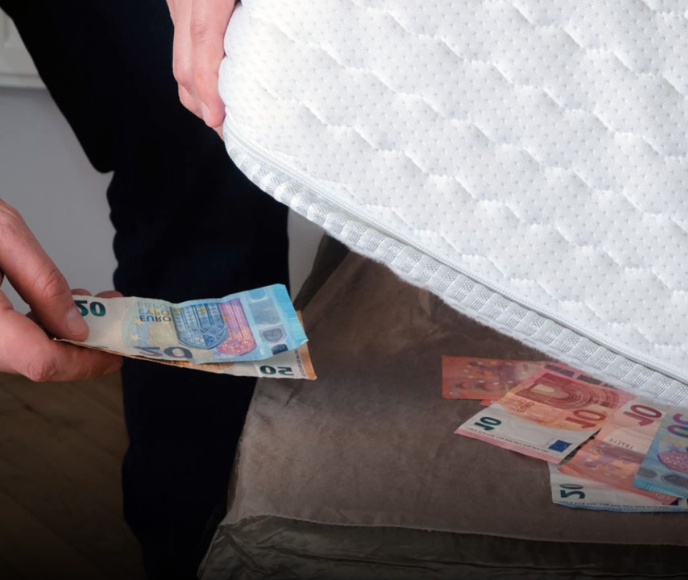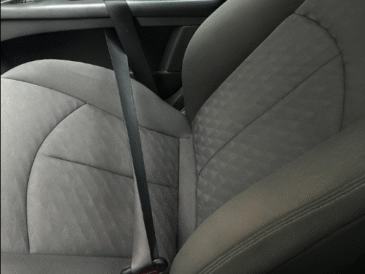In an era dominated by contactless payments, instant bank transfers, and digital finance, cash might seem like a thing of the past. Yet, in many French households—and similarly around the world—banknotes and coins still hold a discreet but very real place. Whether it’s to carefully manage your budget, prepare for emergencies, or simply out of habit, keeping cash at home raises many questions. Is it legal to store a certain amount of cash at home? Is there a limit you should not exceed? And what precautions should you take to stay within the law while protecting your assets? This comprehensive article will shed light on your rights and responsibilities regarding cash holdings at home.
Why Keep Cash at Home?
With the rise of digital banking and electronic payments, one might think cash is obsolete. But cash remains valued for several reasons that go beyond mere nostalgia.
Financial Security and Emergency Preparedness
Keeping some cash at home is a smart precaution. In case of banking network failures, economic crises, cyberattacks affecting financial systems, or any sudden emergency, having a cash reserve can make all the difference. This “safety cushion” offers peace of mind and immediate access to funds without relying on technology.
Precise Budget Management
The traditional envelope budgeting method—allocating cash to different expense categories such as food, leisure, or transportation—still helps many people control their finances. This concrete, visual approach limits impulsive spending and encourages discipline. It appeals especially to those who prefer handling their money physically rather than via abstract digital tools.
Distrust of Banks
Some people keep cash at home due to distrust of banks, which they may view as complex, costly, or opaque. Holding cash allows them to avoid certain bank fees, protect their privacy, or simply maintain financial independence.
Is There a Legal Limit on the Amount of Cash You Can Keep at Home?
The good news is that in France—and similarly in many countries—there is no legal limit on the amount of cash you can keep at home. In theory, you can store €500, €5,000, or even €50,000 or more without breaking any laws.
However, practically speaking, when the amount grows large, you must be able to justify the source of the funds in case of audits, bank deposits, or investigations.
Justification and Traceability Are Key to Avoiding Trouble
To avoid suspicion of fraud, money laundering, or undeclared work, it is crucial to keep clear documentation proving where your cash comes from:
- Sale receipts: If the money is from selling goods or services.
- Gift or inheritance documents: Notarized papers, certificates, or contracts.
- Bank statements: Showing lawful withdrawals.
- Invoices and contracts: Related to professional activities.
Without such proofs, tax authorities might view large sums of cash as suspicious or illegal, which could lead to penalties, tax reassessments, or legal actions.
Carrying Cash: A Strict Legal Framework
While holding cash at home is unrestricted, transporting large amounts of cash is regulated strictly.
The Mandatory Declaration Threshold
Whether you are traveling within France or abroad, any cash amount exceeding €10,000 must be declared to customs authorities. This applies to all modes of transport, whether by plane, car, or boat.
Group Travelers and Aggregated Cash
If multiple people travel together, each carrying less than €10,000, but the total cash amount exceeds €10,000, declaration is still required. This rule is designed to prevent money laundering and fraud.
Penalties for Non-Compliance
Failing to declare cash amounts above the threshold can result in seizure of the funds, fines, or even criminal prosecution. It is essential to comply, even for amounts you consider modest.
Precautions When Keeping Cash at Home
Click page 2 for more




